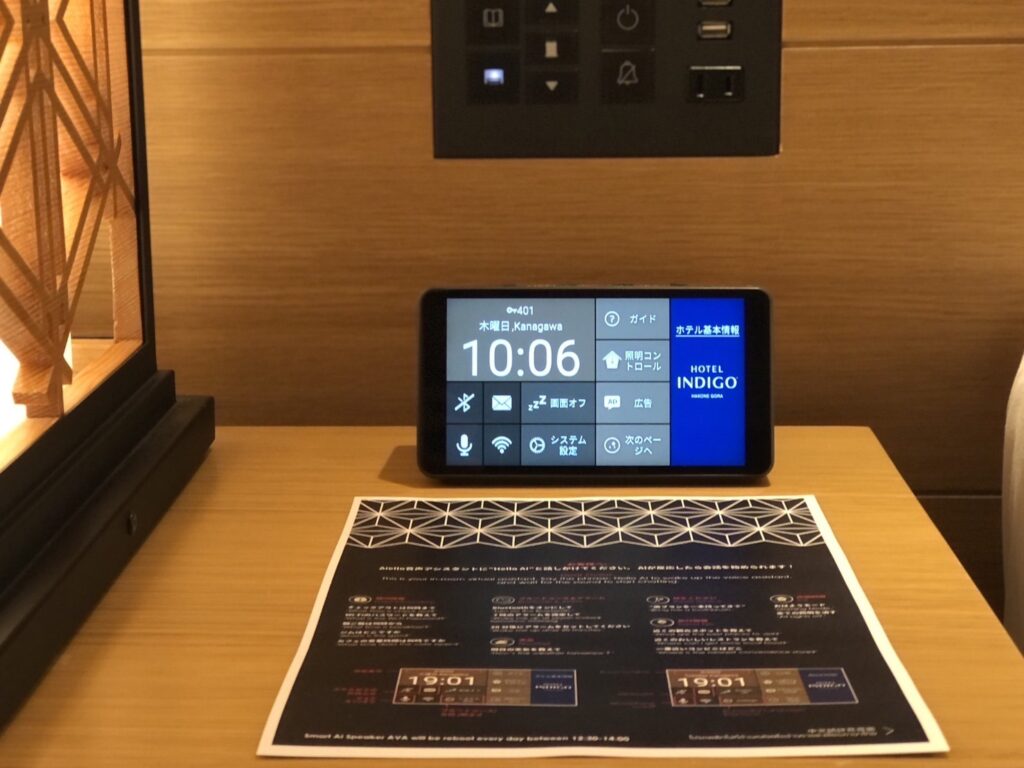The landscape of travel and hospitality is experiencing a resurgence following the challenges of the COVID-19 pandemic. As consumers show an increased appetite for travel, the hospitality industry is on the path to recovery.
However, evolving guest expectations, operational optimization, and revenue recovery remain critical challenges that require adaptation and innovation. Here are five transformative forces that we believe will shape the future of hospitality.
Evolving Guest Expectations
Following a period of dormancy, the travel and hospitality sector is experiencing a remarkable rebound. With economies gradually recovering from COVID-19’s impact, consumers are rekindling their desire for travel. This resurgence, however, comes with increased expectations from guests. Higher room rates have presented a challenge, increasing 54 percent from January 2022 to January 2023. Despite the increased expenditure, customer satisfaction has seen a dip, signifying a disconnect between price and perceived value.
To address this gap, hotel leaders must embrace innovative strategies to augment the guest experience. Personalized messaging, leveraging customer data, and providing added-value services at minimal costs can help hotels bridge this gap. From early booking discounts to fostering local partnerships for welcome gifts and complimentary services, the emphasis remains on adding a human touch, the gold standard of great hospitality.
Technological Integration
Technology’s role in reshaping the hospitality industry is undeniable. Embracing innovation and adopting cutting-edge technologies have become essential for hotels to meet guest expectations and optimize operational efficiency. The incorporation of self-service kiosks, mobile reservations, and contactless check-in/out facilities has not only improved operational efficiency but also catered to guests’ preferences for minimal physical interaction.
The important takeaway from the demand for self-service is that guests like to have options. Incorporating these services can also help alleviate strain from staffing shortages by reducing the front desk workload, enabling staff to be more attentive to face-to-face interactions.
As hotels navigate this technological wave, they must balance self-service options with maintaining a human touch in guest interactions. The integration of artificial intelligence, chatbots for customer support, and data analytics for personalized experiences are becoming pivotal for elevating guest satisfaction and operational excellence.

Hybrid Trips and Work-Centric Travel
The evolving work landscape, marked by a surge in remote and hybrid work models, has paved the way for a new trend in travel-hybrid trips. As professionals find themselves working remotely or in hybrid work environments, there’s a growing tendency to combine business and leisure during their stays. Hotels are now tasked with providing an environment that caters to both work and relaxation needs.
With this in mind, hotels need to reimagining their offerings. Seamless Wi-Fi connectivity, quiet and conducive workspaces during business hours, and the provision of common work perks, such as free coffee and snacks, cater to the business aspect of travelers’ stays. Simultaneously, come evening, hotels can pivot to experiences and amenities, organizing leisure activities and hosting social events to help guests unwind after work hours.
Experiential Travel and Local Partnerships
The contemporary traveler’s focus has shifted from merely the ‘where’ to the ‘what’ of their travel experiences. Millennials, in particular, are driven by cultural experiences when travelling.
This trend has transformed how hotels engage with their guests. Collaborations with local businesses, such as breweries, wineries, or chefs, enable hotels to curate unique local experiences for their guests.
Partnerships that offer guests a taste of local culture through events, tastings, and workshops have become a significant avenue for enhancing guest engagement. Such collaborations open doors for immersive, authentic, and memorable experiences, catering to the increasingly experiential preferences of modern travelers.
Green Initiatives and Sustainable Travel
Environmental consciousness is on the rise within the travel community. More travelers are consciously evaluating the ecological impact of their trips, signaling a growing trend towards responsible travel choices.
According to Expedia Group, Gen Z (67 percent) and Millennials (64 percent) are much more likely than Gen X (43 percent) and Boomers (32 percent) to consider sustainable lodging or transportation options during their next trip.
Hotels are responding to this shift by adopting eco-friendly practices. From reducing single-use plastics to embracing energy-saving measures, the hospitality industry is making concerted efforts towards sustainability. The transparency and communication of these efforts are crucial for engaging eco-conscious guests and fulfilling their expectations.
An Evolving Era in Hospitality
The hospitality industry is navigating a transformative phase, characterized by a resurgence in travel, heightened expectations, technological integration, and a pronounced shift towards experiential and sustainable travel. Embracing these trends presents an opportunity for hotel leaders to redefine guest experiences, foster guest loyalty, and chart a path for the future that caters to the evolving landscape of the hospitality industry.
As technology integration continues to grow and shape the industry, hotels that adapt swiftly to technological advancements are poised to lead the charge in this transformative era.



Pingback: Work From Hotel: What Tools Do You Need? | Aiello
Pingback: 5 Key Trends Shaping the Future of Hospitality and Tourism | Aiello
Pingback: Emerging Trends in the Thai Hotel Industry for 2024: Capitalizing on the Return of Tourists | Aiello